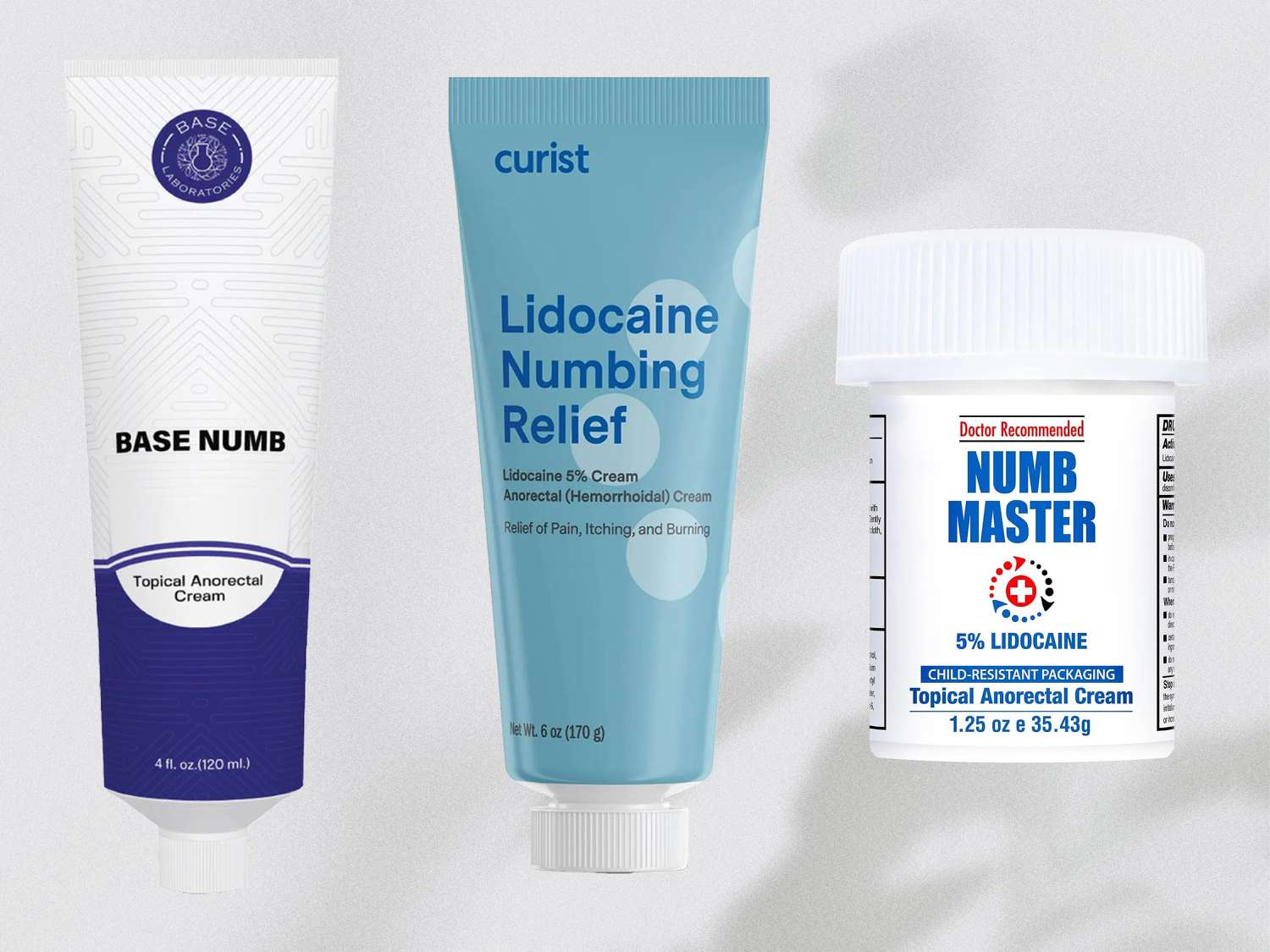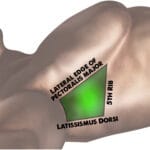You’re thinking about getting a piercing, but the thought of the needle makes you cringe. Numbing cream seems like a magic solution, right? Well, the truth is a bit more complicated… While numbing creams can reduce piercing pain, effectiveness varies depending on factors like piercing location and cream composition. Let’s dive into everything you need to know about numbing creams and piercings.
Understanding Numbing Creams
So, how do these creams supposedly work their magic? Numbing creams are topical anesthetics. They work by “reversible inhibition of sodium ion influx, which blocks nerve conduction,” explains Dr. Penzi in an article for Byrdie. This means they temporarily disrupt the nerves’ ability to send pain signals to your brain. The active ingredients, usually lidocaine, benzocaine, or prilocaine, are the key players here.
Does Numbing Cream Really Numb Piercing Pain?
While numbing creams can make piercings more comfortable, they don’t eliminate all sensation, and improper use can pose risks. The numbing effect primarily impacts the surface layers of your skin. Since a piercing needle goes deeper, you’ll likely still feel something, even if it’s dulled. As Baby Ear Piercing explains, “creams only partially numb the top layers of skin and deeper sensation will still be present.” Additionally, the effectiveness varies depending on several factors:
- Piercing Location: A fleshy earlobe piercing is more likely to be numbed effectively than a cartilage piercing, which is denser and harder for the cream to penetrate.
- Piercing Depth: Surface numbing may be less effective for deeper piercings.
- Cream Composition: Different creams have varying concentrations of active ingredients. A higher concentration might mean stronger numbing, but also a greater risk of skin irritation. Check the label for ingredients like lidocaine, benzocaine, or prilocaine, and note the percentage, which indicates the strength.
Is Numbing Cream Safe for Piercings?
Generally, numbing creams are considered safe when used as directed. But like any topical product, side effects are possible. Some people experience mild skin irritation or allergic reactions. Always do a patch test before applying it to a larger area. More serious side effects are possible, though research is still ongoing. For example, Lynn Loheide suggests some potential risks warranting further investigation. It’s crucial to consult a professional piercer before using any numbing cream. They can assess your skin type and the piercing location to advise on the safest approach.
What Piercers Think About Numbing Cream
Interestingly, piercers have mixed opinions. Some advise against numbing creams entirely. Why? There are a few key concerns:
- Distorted Tissue: The cream can alter skin texture and tension, making accurate piercing placement challenging. Lynn Loheide describes this effect as “constricting” and impacting “tissue texture and tension.” This can impact accurate p0011 chevy readings.
- Masked Pain Signals: Numbing can mask pain that might indicate a problem, like incorrect needle placement or hitting a nerve. This is a crucial safety concern.
- Healing Challenges: Some believe that numbing creams can affect the healing process.
- Inconsistent Effectiveness: The unpredictable nature of numbing cream makes it less reliable for pain management.
Many reputable studios, like Koi Piercing Studio, have public policies against piercing numbed skin. This isn’t about being “tough”; it’s about prioritizing your safety and the long-term health of your piercing.
Choosing a Numbing Cream (If You Decide To Use One)
If, after consulting your piercer, you decide to use a numbing cream, research different brands. Compare ingredients, strengths, and user reviews. Consider products like Dragon Numbing Cream and Rwwxii Tattoo Numbing Cream. Remember, what works for one person may not for another. Always follow product instructions carefully and consult your piercer for personalized advice.
Alternatives to Numbing Cream
If you’re hesitant about numbing creams, there are other ways to manage piercing pain:
- Ice Packs: A cold compress can provide temporary numbing relief before the piercing. (Check with your piercer about this first, as it’s not suitable for all piercings.)
- Deep Breathing: Slow, controlled breaths can calm your nerves and reduce anxiety, lessening pain perception.
- Distraction: Music, conversation, or a stress ball can help take your mind off the needle.
- Over-the-counter Pain Relievers (Aftercare): Ibuprofen can help manage discomfort after the piercing. Avoid aspirin before a piercing, as it can thin your blood.
The Bottom Line
Do numbing creams work for piercings? They may offer some pain relief, but they’re not a magic bullet. Effectiveness varies, and there are potential risks to consider. The most important step is to consult with a professional piercer. They can provide personalized advice based on your specific piercing and help you make an informed decision that prioritizes both comfort and safety.













